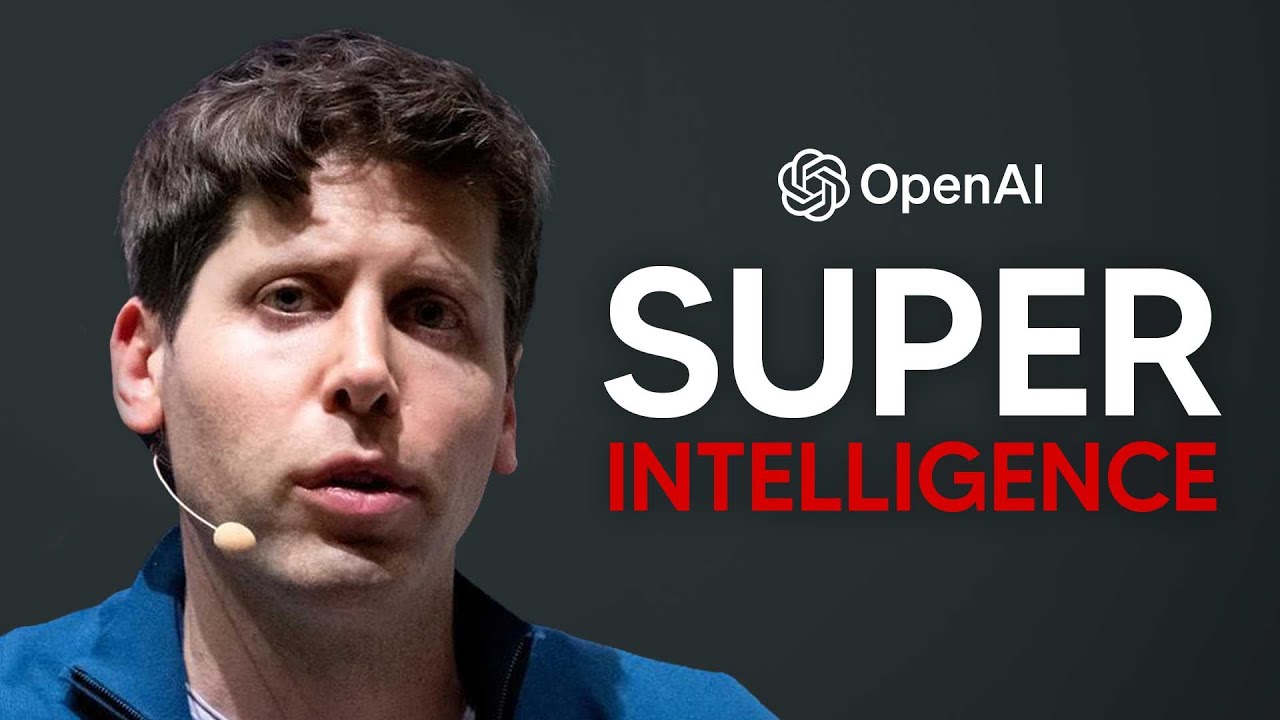The video discussed OpenAI’s approach to achieving superintelligence through video games, reinforcement learning, and neuro-symbolic AI. It highlighted the importance of combining neural networks with symbolic reasoning, showcasing projects like AlphaGo and AlphaZero as examples of how this integration can enhance AI reasoning and problem-solving abilities towards achieving AGI capabilities.
The video discusses OpenAI’s potential plan for achieving superintelligence through video games. It explores the concept of reinforcement learning, where AI systems receive feedback from game environments to continuously improve their performance. OpenAI has previously utilized reinforcement learning in projects like Dota 2, where their AI agent managed to defeat top-level world champions. The video also highlights another project where AI agents played hide-and-seek, demonstrating emergent abilities and problem-solving strategies that were not explicitly programmed but discovered through training and simulations.
The discussion delves into the importance of combining neural networks with symbolic reasoning to create neuro-symbolic AI, which enables AI to handle abstract concepts and logic effectively. This approach has been used successfully in projects like AlphaGo, where the AI system integrated neural network technology with elements of symbolic AI to achieve remarkable results. The video emphasizes the significance of neuro-symbolic AI in advancing AI systems towards AGI capabilities, as it allows for logical thinking and pattern recognition, essential for problem-solving in complex environments.
The video touches upon the role of Monte Carlo tree search in AI, a method that evaluates strategies and selects the best moves based on simulations. This approach has been instrumental in projects like AlphaZero, where the AI system searched only a fraction of positions compared to traditional chess engines but still outperformed them. The video also mentions the Arc AGI test, a benchmark to assess AI reasoning capabilities, which has shown promising results when combined with discrete program search methods, indicating progress in AI reasoning abilities.
Furthermore, the video features insights from AI experts like Shane Legg and Gary Marcus, who advocate for the need for AI systems to engage in slower, sequential thinking and better reasoning capabilities. They highlight the importance of developing AI systems that can think beyond their training data and generalize to new environments, a crucial factor in achieving AGI. The video underscores the potential of neuro-symbolic AI and the integration of different AI methodologies to enhance AI reasoning and problem-solving abilities, paving the way towards achieving superintelligence.
In conclusion, the video presents a comprehensive overview of OpenAI’s innovative approaches towards achieving superintelligence through video games, reinforcement learning, and neuro-symbolic AI. It explores the challenges and prospects of advancing AI systems towards AGI capabilities, emphasizing the importance of combining neural networks with symbolic reasoning and integrating diverse AI methodologies. The discussions with AI experts and insights into projects like AlphaGo and AlphaZero shed light on the evolving landscape of AI research and the quest for developing truly intelligent AI systems.
